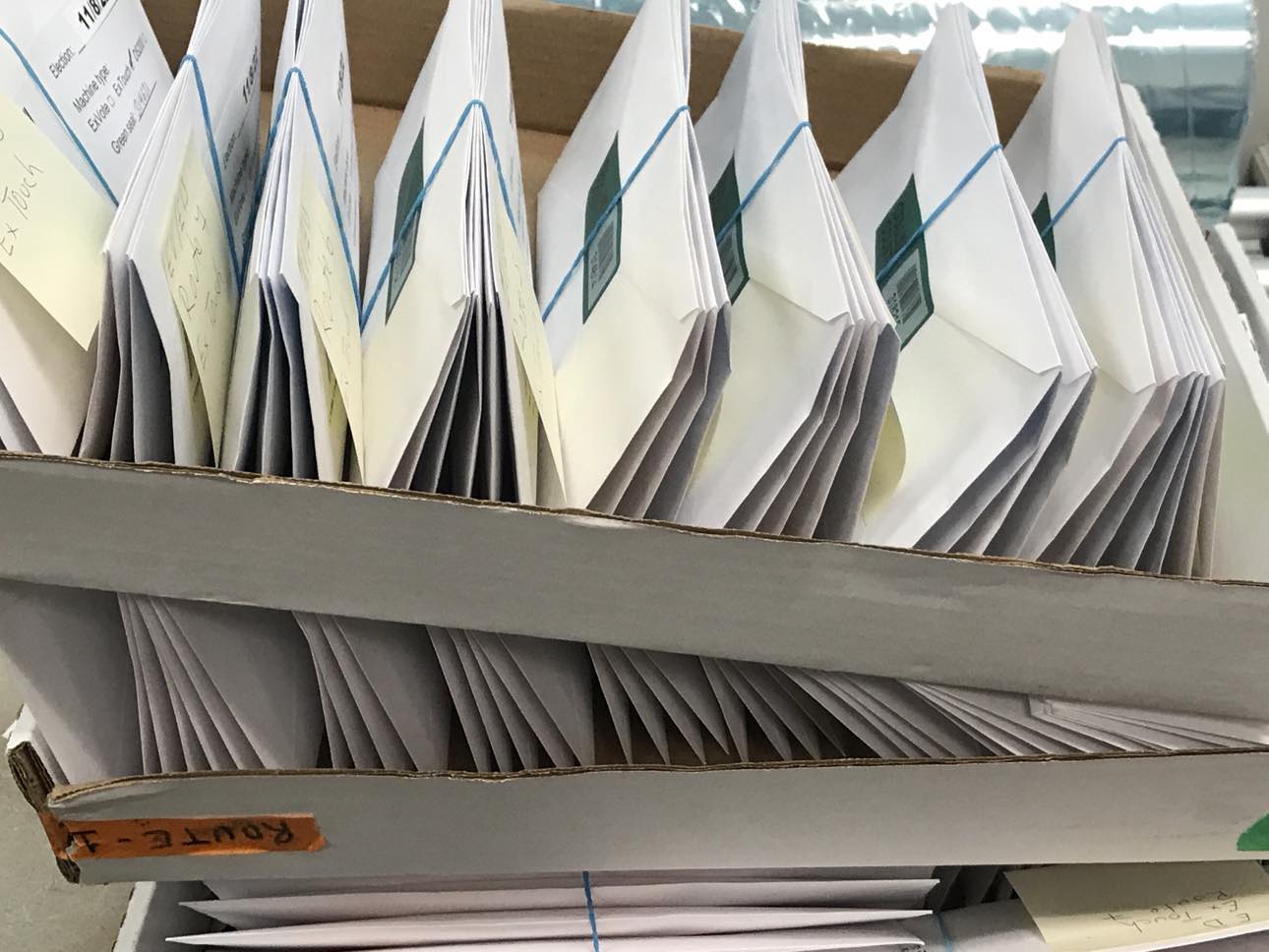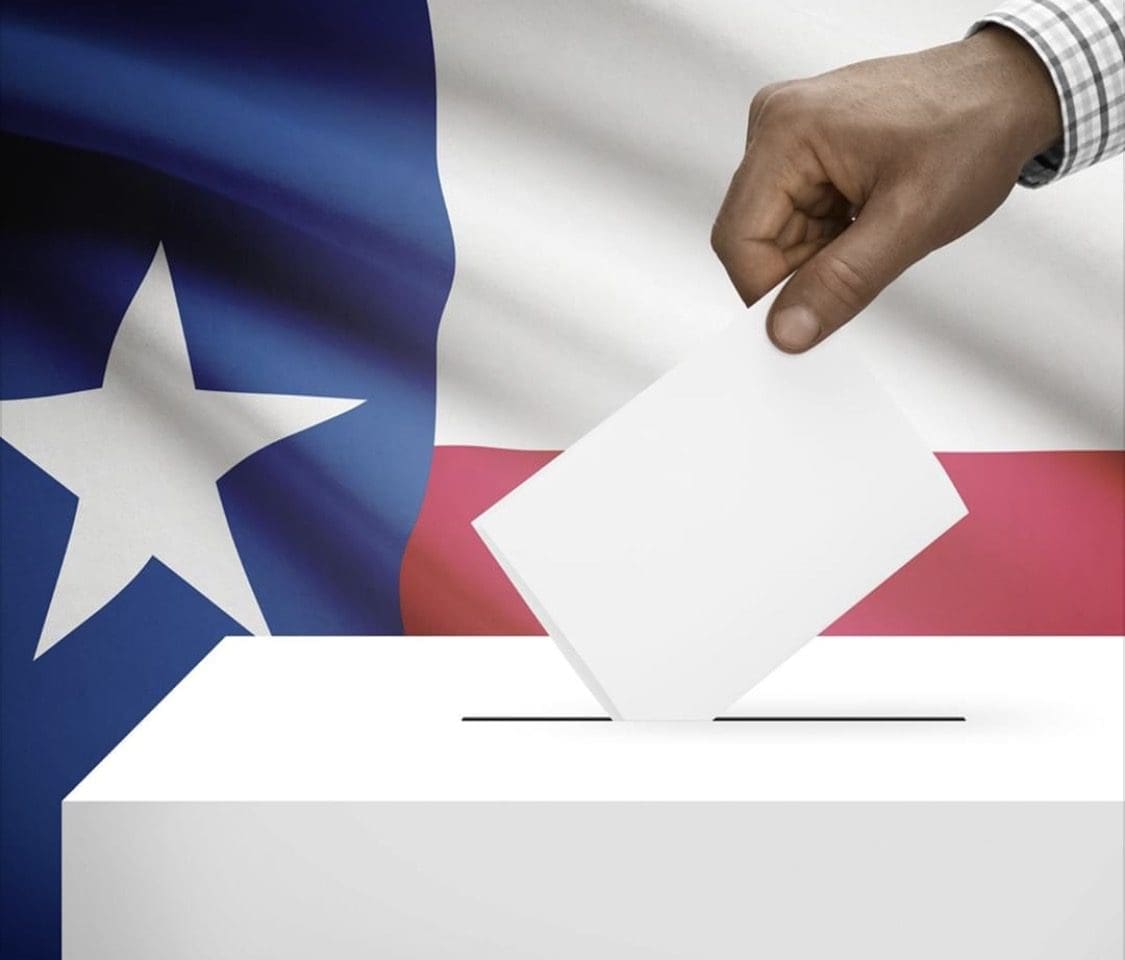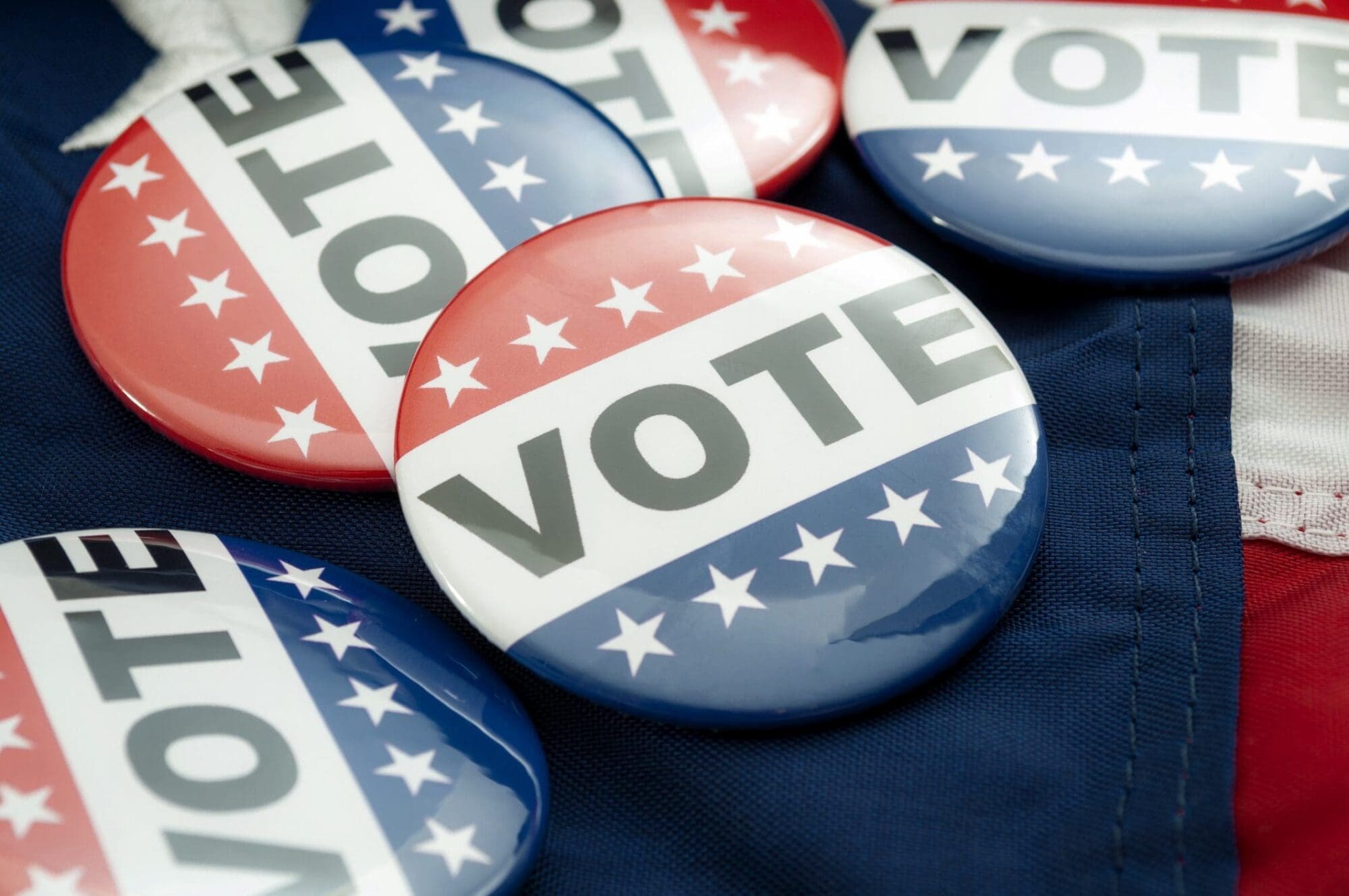Although Senate Bill 1070 forced Texas out of the Electronic Registration Information Center (ERIC)—an interstate crosscheck tool that focused more on voter registration—the program missed several duplicate state registrations, which allowed for double voters.
At least 17 alleged double voters referred to the Texas Attorney General’s office for investigation were also registered in another ERIC-member state.
Christina Adkins, Secretary of State Elections Director, claimed in July that Texas won’t use third parties moving forward. Despite the Election Code requiring an interstate crosscheck program, however, Texas has no replacement until 2025.
Meanwhile, other left-wing organizations like Civic Government Solutions (CGS) and Powered By People are using local tax dollars and state loopholes to fill the void and register Democrats.
Jeremy Smith, Executive Director and Founder of CGS, even told Texas Scorecard he saw CGS as “a localized version of ERIC.”
Like ERIC, CGS primarily focuses on gathering data on EBUs—eligible but unregistered voters.
ERIC shared EBU information with the left-wing Center for Election Innovation & Research (CEIR), contravening its membership agreement requiring nondisclosure of data to non-members, including public record requests which Texas Scorecard struggled to obtain. Those same bylaws favored ERIC, however, as it could share data with third-party vendors, and it did.
The left—and some on the right—downplayed ERIC’s partisanship, stating that although initial funding came from the purportedly nonpartisan Pew Charitable Trust, member states support ERIC.
States pay $25,000 to join, plus annual dues of about $37,000 to $174,000 based in part on the state’s citizen voting age population.
Texas joined ERIC in March 2020, after the Texas Legislature appropriated $1.5 million for the program, with most of the funds allocated for EBU mailings.
However, CEIR’s Executive Director David Becker founded ERIC in 2012 and was a non-voting board member until he resigned last year as several Republican-led states left the program. Eventually, nine states left, with Texas being the largest and last to officially depart on October 19, 2023. Becker was also the program director of Pew’s now-shuttered Elections Initiatives project until August 2016.
Emails obtained by Verity Vote in 2022 also show Becker’s daily involvement in ERIC’s operations. Other emails also revealed CEIR employees communicating with Gabriel Sterling, Chief Operating Officer in the Georgia Secretary of State’s office, and other Georgia elections officials, stating, “I’ve just finished randomizing your EBU list. I will be giving you a handful of files which I will describe below. We’ll simply reverse the transfer process [from ERIC to CEIR]: I’ll send the files to ERIC and get them to you.”
Smith similarly claims that CGS is “nonpartisan” and has a “firewall” between Civitech—his other, overtly Democrat voter registration organization. They share a business address, their officers share the same titles, and a web domain lookup of CGS shows Civitech as the registrant, indicating its direct control over CGS.
In 2020, ProPublica called EMS “a project of a Texas public benefit corporation called Civitech.”
CGS now mails voter registration applications under the pseudonym “Election Mail Service“ (EMS). However, the enclosed registration form directly connects EMS to CGS, stating, “Please contact us with any questions: support@civicgs.com.”
EMS’ materials were so erroneous that Alabama’s former Secretary of State John Merrill warned citizens against using EMS voter registration forms. Ohio and North Carolina officials later released warnings about its parent company Civitech mailing unsolicited registration forms.
Recently, EMS/CGS/Civitech sent voter registrations to long-dead and registered voters, prompting an emergency motion by Attorney General Ken Paxton.
Such outsourced registration efforts undermine Texas’ removal of 779,407 dead voters from September 2019 to August 2024 while introducing vulnerabilities like double registrations.
During the 44 months of ERIC membership, from March 2020 to October 2023, Texas removed 1,846,713 “Duplicate-State” voters—that is, cancellations following notification of a duplicate voter in another state—which averaged 41,970 Duplicate-State voters per month.
However, 10 months after Texas left ERIC in October 2023, it removed 779,222 duplicate state voters. It also removed 347,698 duplicate state voters from January 2019 to February 2020. Texas averaged removing 46,955 duplicate state voters monthly—nearly 5,000 more on average—in the 24 months before and after ERIC.
A records request also reveals that ERIC missed several double voters.
In June, Texas Scorecard asked the Texas Secretary of State’s office whether it communicated with ERIC about an alleged decade-long double voter in Texas and New Mexico. Both states were ERIC members from 2020-23 (New Mexico remains an ERIC member).
In July, SOS’ legal counsel replied, “We have no information to provide you at this time in response to the Request.”
The SOS forwarded the request to the Office of the Attorney General. It also denied records.
It stated “the secretary’s office was evaluating the complaint at the time of the request and had not made any determination regarding whether the complaint did or did not warrant an investigation. Based on your representations and our review, we agree the information at issue is not considered public information under section 31.006(b).”
Yet, a tangentially related records status request for 103 double-voter complaints shows that the SOS only referred that same double-voter complaint to the OAG’s office on September 24, 2024—almost 18 months after receipt on April 13, 2023, and four years after the violation.
It was one of 30 complaints resulting in referrals to the OAG. Of these, 17 allegedly double-voted in 2020-2023 ERIC member states—Colorado, Florida, Missouri, New Jersey, New Mexico, Oregon, Pennsylvania, Washington, and Wisconsin.
Even before receiving these 103 citizen complaints, the SOS had referred 61 to the OAG.
The absence of the Texas-New Mexico complaint from the already-referred list indirectly confirmed ERIC never notified the SOS about this voter’s potentially illegally cast 2020 or 2022 ballots—let alone the other 16 potential cases these complaints uncovered.
Neither ERIC, the SOS, nor the OAG returned requests for comment before publication.
Voters who suspect an election violation may contact illegalvoting@oag.texas.gov.





